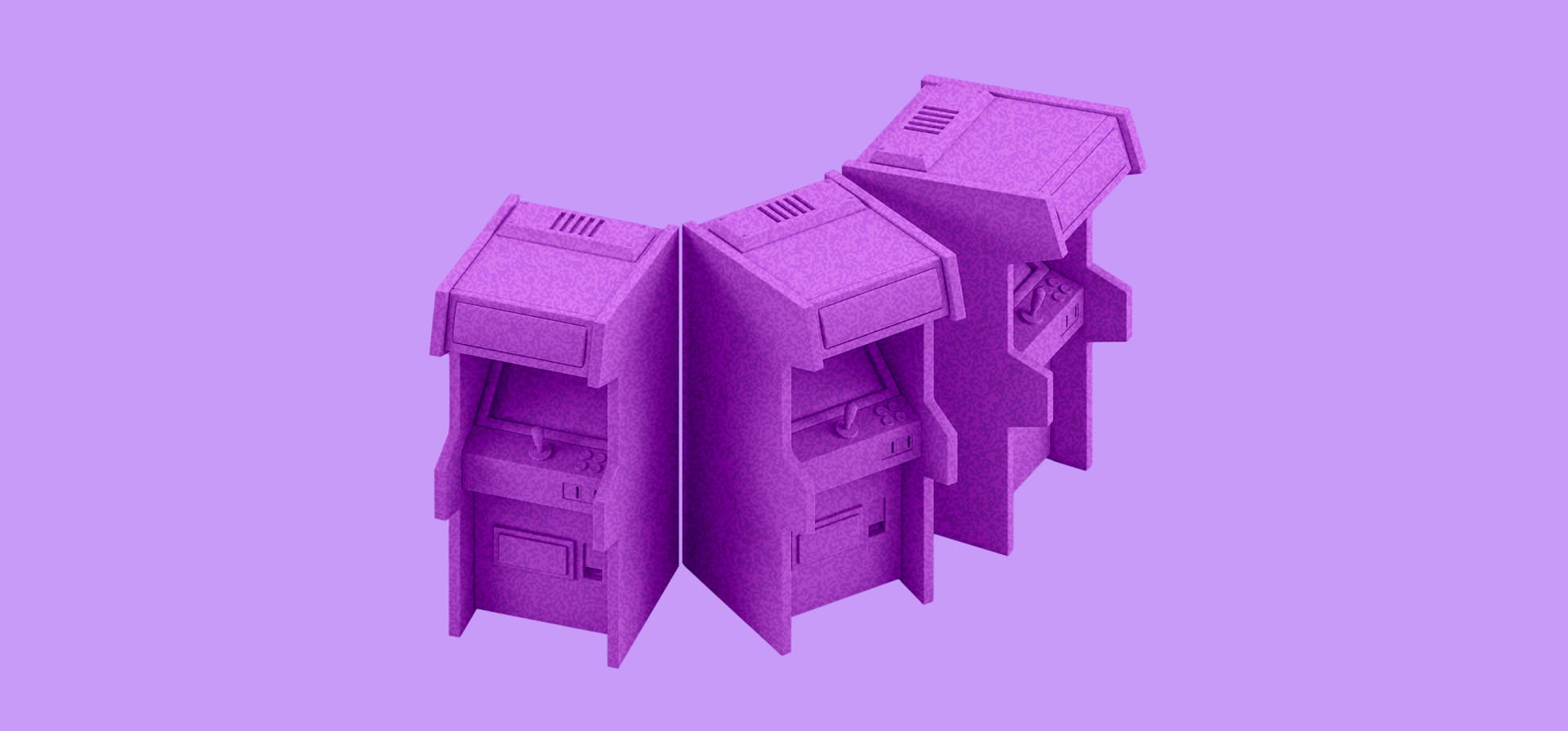Data Analyst Job Description
Data Analyst Job Description: Skills, Roles and Responsibilities for EPAM job applicants. Join our team of the industry's top talent.

introduction
To optimize performance, every area of a business requires constant and comprehensive analysis. Analysis is needed, for example, to evaluate the work done, develop prospects for the future, generate reports on profits, and assess the quality of user service. There are many reasons for the collection and analytical processing of data. As a result, the skills of a data analyst are needed more than ever. Experienced, trained professionals can analyze different aspects of a company's organization, which can increase its profits, productivity, efficiency, and other vital indicators.
If you are interested in this in-demand position, we suggest that you familiarize yourself with the classic data analyst job description. It includes all of the primary responsibilities, requirements, and skills necessary for a specialist to get a position in a company. The template can help both candidates and employers. The former can use it to compose their resume professionally, and the latter can use it to write a description to fill a vacancy.
Data Analyst Job Description Template
Data analysts are generally divided into three narrower sub-specialties: operational, marketing, and financial. But it can seem as though every day there are more and more divisions in this profession. Ultimately, however, all data analyst professionals have knowledge and skills in the field of data collection, generation, sorting, visualization, and in the performance of the analysis itself, as well as reporting on the work done. That combination should fully satisfy the expectations of any company.
Responsibilities for Data Analyst
Classic data analyst responsibilities include:
- Planning the data collection process
- Collecting all necessary information for analysis
- Analyzing the data using specialized tools
- Identifying key data
- Interpreting results
- Considering the appropriate applications of different stacks for a task
- Selecting the optimal number of technologies for data collection
- Preparing visualization and/or presentation of the results
- Writing documentation and reports
- Structuring data for effective analysis
- Working with customers directly
- Interacting with management and other employees of the company to ensure maximum benefit from the work
- Meeting the expectations of the client and managers
- Suggesting options for improving company performance based on the data received
- Developing databases from various sources
A well-developed set of relevant skills will enable you to find a satisfying job with comfortable working conditions. But you need to be prepared — the list of required specifications will vary from one company to the next. Sometimes a company will have a narrow focus and will take only a data analyst who will fully satisfy their specific needs.
Requirements for Data Analyst
A specialist should expect to meet the following data analyst requirements:
- 2+ years experience in a similar position
- Bachelor's or master's degree in computer science
- Demonstrated experience using different frameworks
- Comprehensive knowledge of databases
- Substantial coding experience
- Skill with segmentation methods
- Command of various stylistic packages
- Knowledge of automation tools
- Ability to create technical tests
- Thorough knowledge of visualization and reporting tools
Most often, a data analyst is a team player who works with other analysts and with the IT team, developers, etc. Therefore, in a job description, you will often see requirements for excellent communication skills, the ability to conduct a business conversation, and effective teamwork.
Roles
The main data analyst roles include:
- Implementing the complete lifecycle of analytical systems
- Identifying the most suitable technology for the operation
- Checking internal and external systems for errors, performance issues, and other problems
- Automating data collection and reporting processes for faster and more efficient delivery of results
- Ongoing enhancement of the team’s knowledge and identifying opportunities for improvement.
- Working directly with customers and managers, collecting all of their requirements, and presenting the finished report to them.
Data analyst duties focus on the deep processing of data related to each specified task, to enhance business strategy, and on synthesizing the best solutions to improve organizational performance based on reports.
Skills
Technical skills are needed in any IT profession, but many companies also consider the soft skills needed by data analysts as well. These include things such as: stress resistance, attention to detail, and, of course, an analytical mindset. In addition, if a company is looking for a remote data analyst, the listed skills may also include excellent time management skills, the ability to separate work and leisure time, and the ability to effectively organize your workplace.
Moreover, thriving as a data analyst often involves immersing oneself in the culture of data analysis, which includes understanding and sometimes using data analyst-specific words, expressions, and even data analyst jokes. This cultural fluency can help in communicating more effectively with peers, enhancing team cohesion, and even easing the stress of complex data challenges with humor.
Now that we have broken down the classic job description template for a data analyst, we hope you can use this information to achieve your goals and your desired position.


.png)
